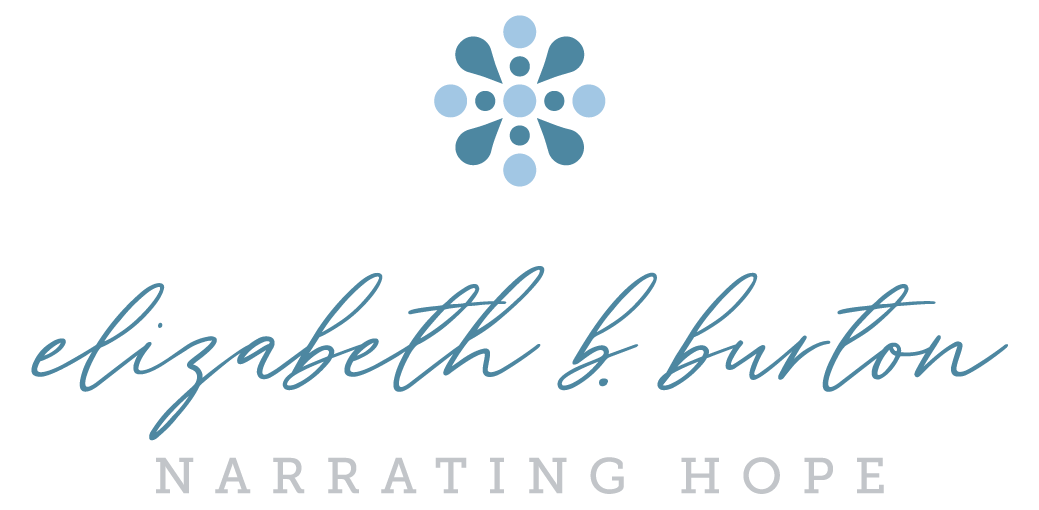The Benefits of Setting Healthy Boundaries
Even speaking and hearing the word “boundaries” brings up a host of reactions in many of us. In fact, many people are simply not comfortable with the term. If it feels awkward to even talk about setting boundaries, it can feel even more difficult to actually set boundaries. Not only can it feel uncomfortable, but for many of us it actually feels mean and heartless to even consider setting a boundary. In this way, the assertive action of setting boundaries often is interpreted as aggression. As people we sometimes become so accustomed to being passive that even moving towards an assertive stance involving healthy boundaries feels like full out aggression. Yet, in reality boundaries are good and healthy, allowing for positive interaction among people.
Having lived in the South my whole life and being a woman, I see this dynamic often. At times there can be an expectation of being passive, sweet, and just going with the flow as the ideal way in which we should be. While it is well and good to be laid back and flexible, it is also good to realize how good and life-giving boundaries can be.
Boundaries affect so much of our lives. With healthy boundaries, two people in a marriage can come together as two, whole people who respect the autonomy of the other. Boundaries mean that two friends can relate as friends who bring joy to each other’s lives, but who are not expected to fill every void. Boundaries allow for the needs of the other and ourselves to be viewed with respect. Boundaries breathe life into relationships.
Setting boundaries takes so many forms. Boundaries involve knowing where we draw the line, just like a fence outlining a property line. We set boundaries in relation to our bodies—boundaries on what substances we let into our bodies and boundaries around who we let close to us physically. If we let everyone close to us physically, then how will true intimacy ever be experienced?
Boundaries also take emotional forms. This may involve speaking up about how we are treated and talked to. If we are continuously demeaned and called names, a boundary involves not standing for that anymore. In the same way, we do not lay every personal detail of our life out on the table when we first meet someone, instead we share more as trust is developed.
I believe wholeheartedly that relationships flourish when healthy boundaries are established. You are not responsible for another person’s feelings, but you do get to decide how to respond to others. Responding with empathy does not mean taking on their feelings as your own. It is about choosing a compassionate response given from one whole person to another.
Boundaries also relate to our time. If we find ourselves never able to say no to things asked of us, we probably need to examine our personal boundaries around time. Sometimes being able to say no to something that we do not need in our lives at that particular time allows us to press more deeply into the things we say yes to.
As parents, we will serve our children well by learning how to be assertive and set boundaries ourselves, so that we can model this for them. As a parent, I want my children to know about good touch and bad touch. I want them to know when someone is manipulating and controlling them, so that they can put an end to it, recognizing that is not okay. In the same way, I want them to learn to respect their own bodies and emotions as well as the bodies and emotions of others.
Boundaries help prevent abusive relationships as having healthy boundaries makes warning signs and red flags more apparent. Boundaries remind us what is okay and what is not okay. Dating violence and domestic violence typically do not just happen out of the blue. Rather, there are indicators along the way of power and control being exercised over another person. When we have developed a sense of grounding in relation to boundaries, we will not be blindsided by such things.
In summary, I encourage you to reflect on the role of boundaries in your own life. Are you someone that might be ready to contemplate making some changes in this area of your life? This may mean considering how to use your voice to articulate something important to you. In contrast to the view of boundaries being mean, boundaries can be delivered with great gentleness and respect. With healthy boundaries you desire good for others, but you also uphold standards for yourself, seeking what is good and right for yourself also. You are not invisible, and your needs are important.
If this feels really hard for you, consider a baby step forward just in terms of beginning to define your preferences. What foods do you like? What don’t you like? Exercise your voice just like you exercise to strengthen your body. Your voice matters.
Elizabeth B. Burton is a licensed professional counselor and life coach with Burton Counseling, PLLC. You can learn about Elizabeth here and about services provided here. Elizabeth also works with groups by providing workshops and speaking opportunities. Elizabeth communicates about mental health and well-being through both the Narrating Hope newsletter and podcast as well as through her writing. Elizabeth would love to connect with you and welcomes you to sign up for the newsletter, listen in to the podcast, reach out about working together, and connect on social media.

